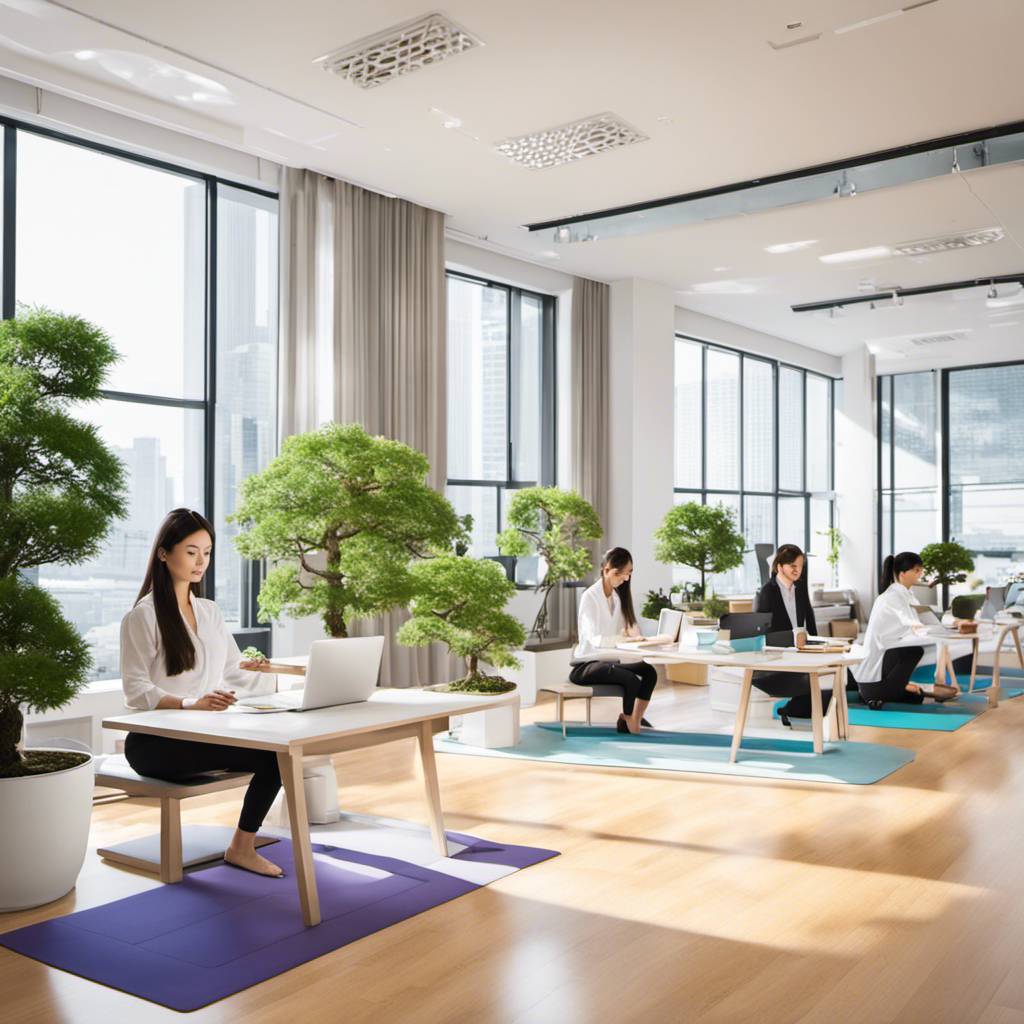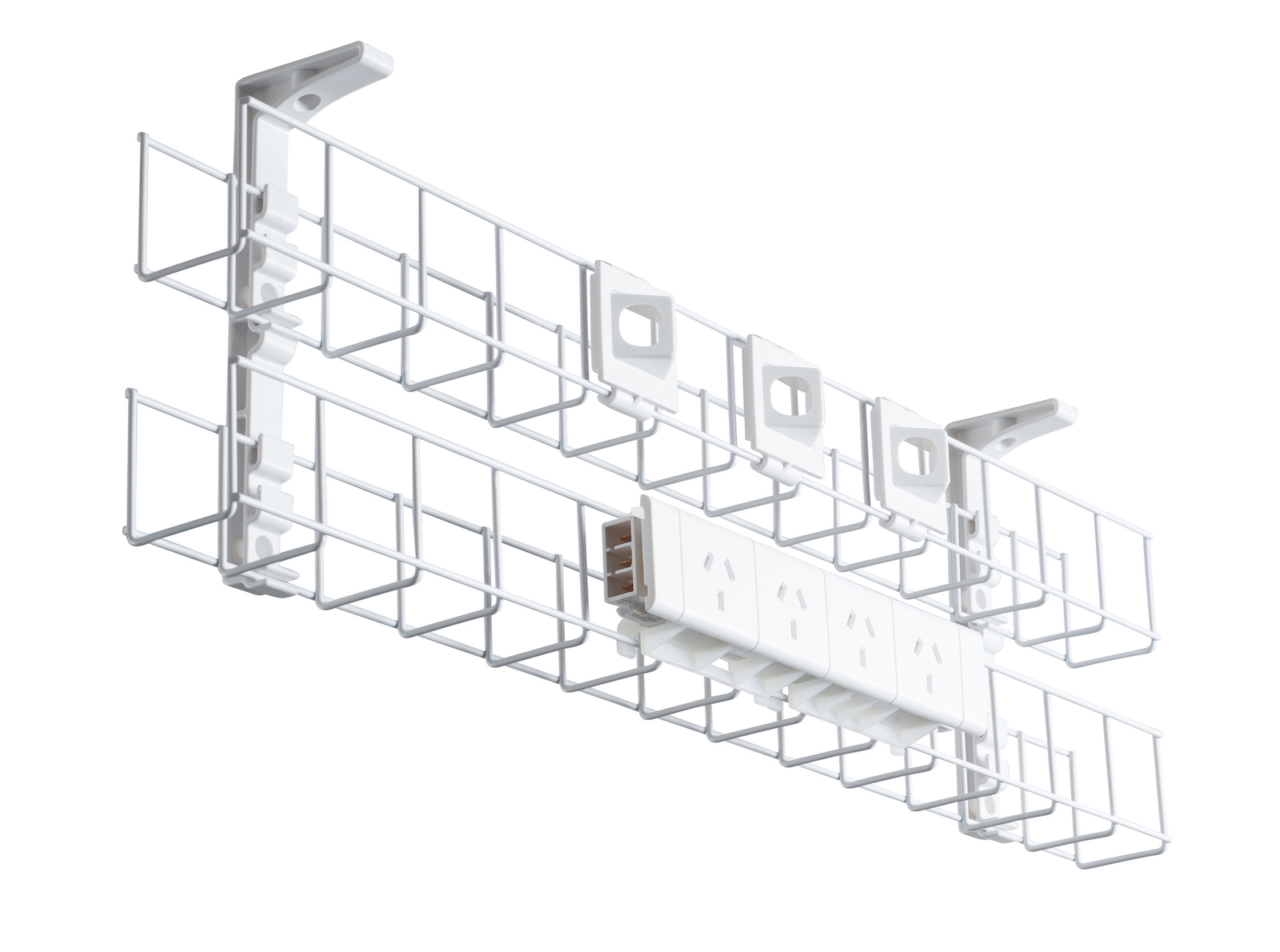
Unveiling Japanese Techniques for Boosting Workplace Happiness and Efficiency
In the relentless pursuit of happiness, many of us have found ourselves in a peculiar predicament — we are unhappy. More often than not, this unhappiness stems from a lack of discipline and an inability to maximize our productivity. In a world where time is money, the drive to increase productivity is not just for the benefit of our employers or to fuel the capitalist machine, but also for personal satisfaction and happiness. The internet is rife with productivity hacks, but the most effective ones seem to originate from Japan. Techniques like Pomodoro and Ikigai have gained popularity not only for their productivity-boosting capabilities but also for their focus on happiness. After all, a happy worker is a productive worker.
One such technique that has been a game-changer for me is the Orodomop, also known as Reverse Pomodoro. If you find your job so monotonous that it lulls you to sleep or struggle with waking up in the morning, Orodomop could be your saving grace. Unlike the Pomodoro technique, which breaks down tasks into 25-minute chunks, Orodomop applies the same principle to sleep. The technique challenges the belief that waking up means staying awake until bedtime. Instead, Orodomop encourages you to wake up for 25 seconds at a time and then go back to sleep, gradually extending your ‘awake time’ until you feel more refreshed than tired.
For those who find the concept of Ikigai daunting and are unable to identify a passion or purpose in life, there’s Katthirikai. This technique encourages you to build your life around an obsession. Named after its founder Akiraka Thirikai, who left his high-ranking position at Nintendo to cultivate Bt Brinjal on his virtual farm, Katthirikai has proven to bring happiness and fulfilment.
Another Japanese innovation is Nanban, an aural management technique that is a spin-off of the visual management tool, Kanban. Nanban focuses on boosting self-esteem by transforming your inner voice from a guilt-tripping taskmaster to your best friend who supports you unconditionally. Although it has the side effect of making you feel too relaxed to start working, the potential productivity gains from higher self-esteem make it worth trying.
The Japanese phrase Takkutakunu Seyyuda, which translates to ‘do it now, do it fast’, encapsulates the essence of avoiding procrastination. It encourages starting work in a timely manner through ceremonial procedures. While it may take years to master the art of self-administering a kick to get moving towards your workspace, the benefits are worth it.
Lastly, there’s a phrase that has been a productivity booster since the reign of Emperor Murakami in the late 1600s. Roughly translated, it means “if you check WhatsApp before you have finished 80% of your tasks, you are a genetically modified armadillo that feeds on disgusting electronic waste”. This humorous reminder to avoid social media distractions has stood the test of time.
While these techniques may seem unconventional, they provide an interesting perspective on productivity and happiness. As we navigate through our workdays, perhaps from behind an electric height adjustable standing desk, these Japanese productivity hacks could be the key to achieving not just higher productivity but also greater happiness. After all, isn’t that what we’re all striving for? So, whether you’re deciding how to choose the best standing desk or trying to find the best sit stand desk for your workspace, remember that the health benefits of an electric stand up desk go hand in hand with a productive and happy mindset.





